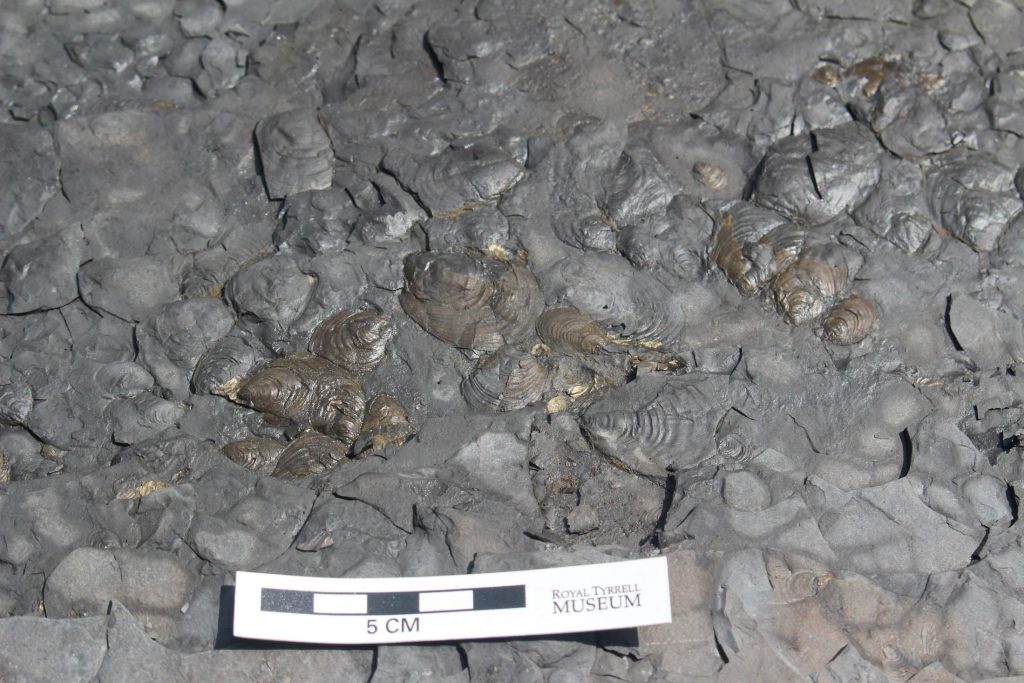Friday, April 12, 2023 at 2pm CT
Speaker: Crispin Little, Professor, School of Earth and Environment, University of Leeds
Host: Rowan Martindale
Title: Biotic response to environmental perturbations in the Pliensbachian and Toarcian stages of the Lower Jurassic
Abstract: The Lower Jurassic period was characterized by instability in global climate, with alternating greenhouse and icehouse states, and episodes of widespread oxygen depletion in the shallow marine environment. These episodes of oxygen depletion are marked by frequent intervals of increased organic carbon preservation in shallow marine sediments. The Pliensbachian stage of the Lower Jurassic was characterised by significantly cooler global temperatures than the preceding Sinemurian, and the following Toarcian stages, and ended with an extinction event (notably for ammonites) at the Pliensbachian-Toarcian boundary (Pl-To) ca. 184.2 Ma. About one Myr later the Toarcian Oceanic Anoxic Event (T-OAE) is characterized Corg rich black shale successions, particularly well developed in sedimentary basins in NW Europe, which display a negative δ13Corg excursion of -5 to -6‰, lasting 0.5 to 1.5 Myr. This excursion has been tied to a disruption of the global exogenic carbon cycle, but the ultimate source of the injected 12C is a matter of debate, with suggestions including methane hydrates, thermogenic methane produced by volcanism in the Karoo-Ferrar Large Igneous Province (LIP), wetlands, and permafrost destabilisation. The onset of the T-OAE in many (but importantly not all) sections is intimately linked to an extinction event that especially impacted the marine benthic macrofauna, but left the nekton largely unaffected. The recovery from this event is not well studied, but in one site, the Cleveland Basin of North Yorkshire, UK, although species richness recovered markedly as soon as environmental conditions ameliorated, other metrics of functional diversity and community structure did not attain pre-extinction levels until much later, some five million years after the extinction event.
The talk will be of interest to those working on macroevolution, paleontology, and the effect of large scale climate change on marine ecosystems.

.

